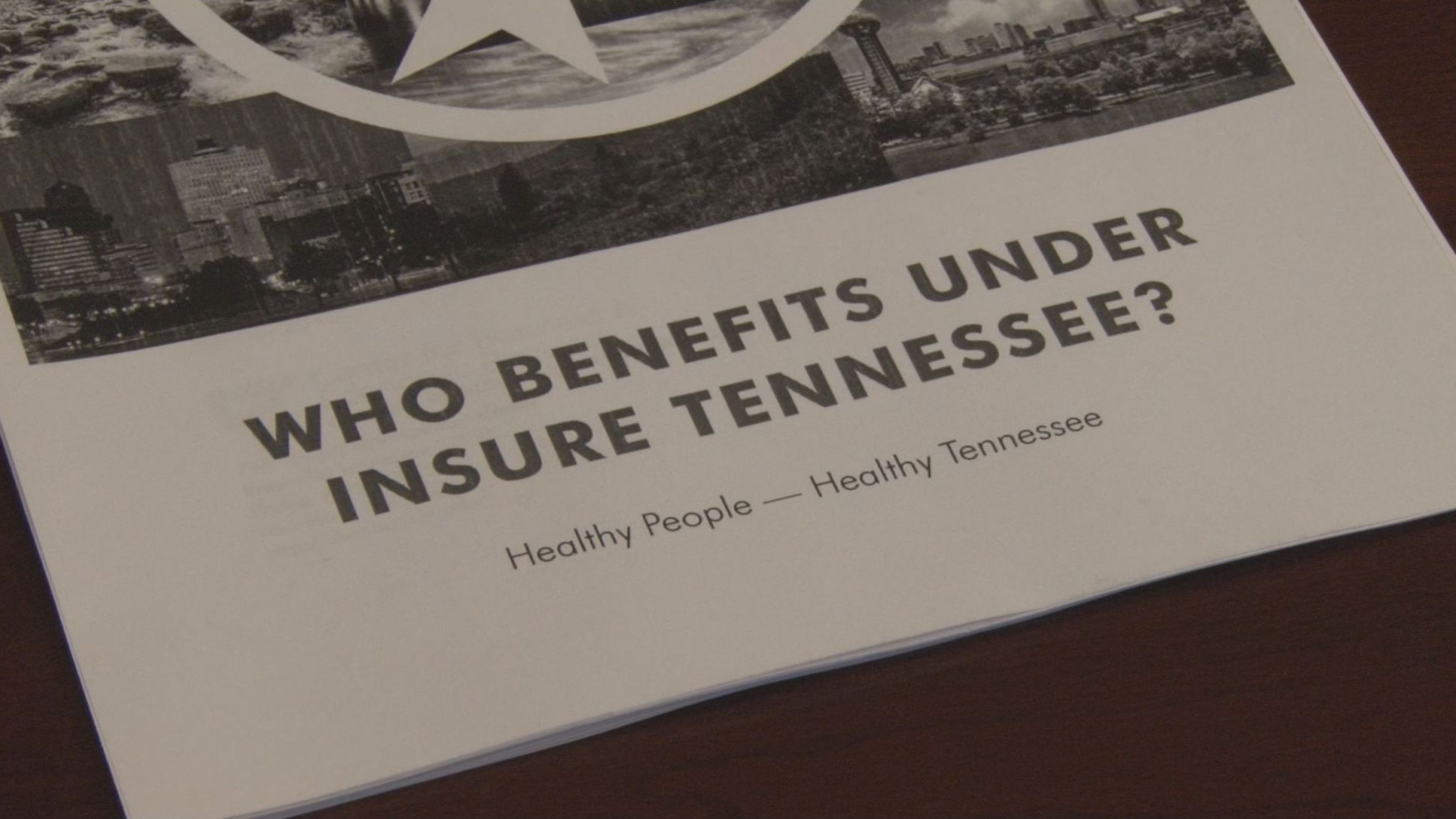
A once little-noticed phenomenon in public and governmental affairs is getting more and more attention these days, by no means all of it favorable. Call it “political out-sourcing,” an equivalent to the long-accustomed practice whereby governments — as in the case of prison management, say — turn over the operation of a traditional public enterprise to a private entity. The purpose of traditional out-sourcing is two-fold and reciprocal: The governmental body, which usually maintains at least some nominal amount of oversight, divests itself of an expensive obligation, while the private entity, which commonly acquires the formerly public operation via an accepted bidding process, has a potential profit opportunity.
Defenders of traditional out-sourcing, on both the giving and taking sides of the line, extol the process as a means of letting what economist David Ricardo called the “invisible hand” of the marketplace achieve efficiencies that are not possible for the clumsy and presumably visible hand of bureaucracy.
The newer practice of political out-sourcing is something superficially similar — but fundamentally different. One current instance of it is on display in the Achievement School District (ASD) now being operated by Tennessee state government on behalf of “failing” public schools via state takeovers of those instutitions. Another is the joint city/county Economic Development Growth Engine (EDGE), which is charged with charting the course of economic growth locally and customarily does so through the proffering of incentives to this or that industry that is eyeing a site for expansion and which EDGE has decided is worthy of being courted.
The out-sourcing here is different from the traditional kind, in that the administering institution is not private and its operating currency is not profit for itself but control over public policy (a short name for which is “power”). And its procedures are not the marketplace ones of Ricardo’s invisible hand, though they are, as critics are increasingly charging, “invisible” in a different sense (i.e., outside the purview of any significant public oversight). This is despite the fact that the enterprises themselves never cease being fully public in their scope and after-effect.
State ASD Director Chris Barbic’s powers are virtually dictatorial. He has been heard to boast that he has no elected school board to answer to. One result has been the perhaps predictable one of parental outrage at what, understandably, seems to them to be ASD’s arbitary co-optation of community property.
Similar reactions are now evident with respect to actions of the EDGE board, whose 11 members, mainly drawn from the business community, are almost entirely chosen by the mayors of Memphis and Shelby County, with minimal input from the city council and county commission, whose one-member reach is essentially cast in the role of observers.
Recent payment-in-lieu-of-taxes (PILOT) arrangements and other incentives extended to target industries — as well as the selection of the targets — have drawn fire from the public as well as from the two local legislative bodies, where discontent has begun to simmer and calls for the overhauling or even the abolition of the EDGE board are beginning to be heard.
It might behoove the folks in positions of authority vis-a-vis these matters to pay more attention to the vox populi and less to that which is invisible.
 Greg Cravens
Greg Cravens  Greg Cravens
Greg Cravens 
 Greg Cravens
Greg Cravens 
 Greg Cravens
Greg Cravens  Greg Cravens
Greg Cravens 